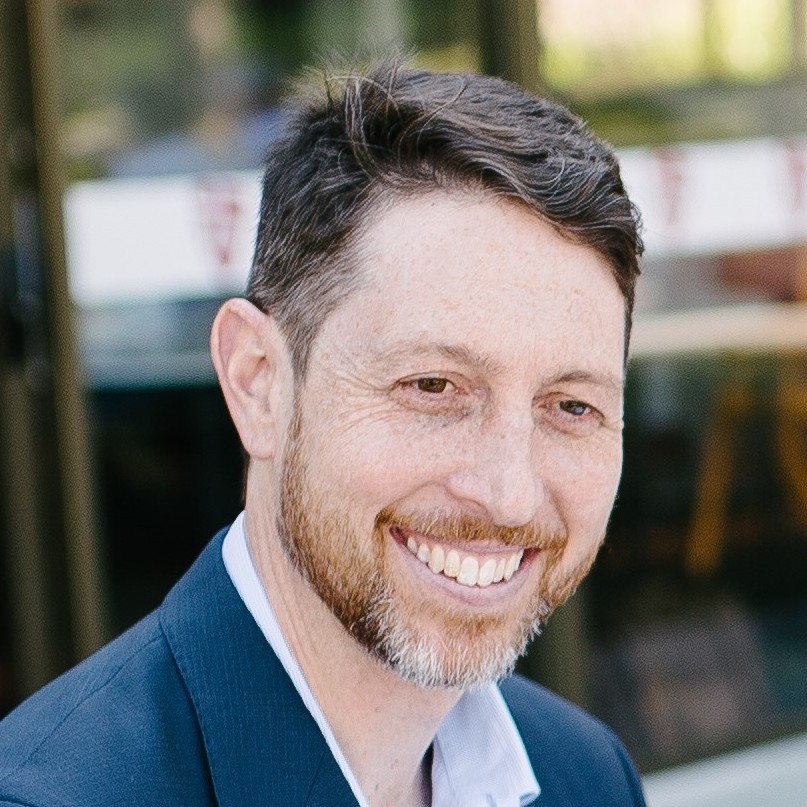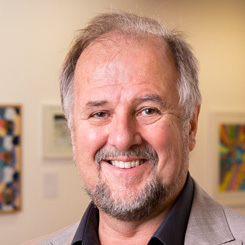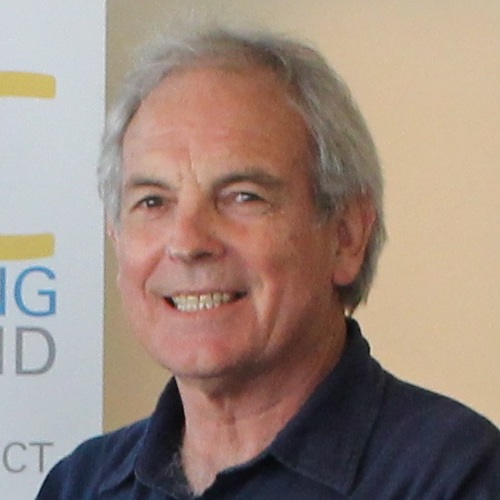A partner-informed project funded for one year from 2012 to 2013 by LEaRN to understand how schools and universities might better align practice and space.
About
The occupation and use of innovative learning environments over recent years has raised many questions about how learners and teachers might take advantage of newly created spaces to develop innovative, dynamic, engaging and rigorous educational practices.
Mounting anecdotal evidence in Australia has suggested that teachers and learners in all education sectors have had difficulty recognising and fully utilising the affordances of innovative learning environments. This study uncovered a knowledge gap concerning the influence of space on the development and sustainability of innovative educational practices.
The project aimed to provide insight into how schools and universities might better align practice and space to develop effective socio-spatial contexts for learning and sustain them as dynamic educational settings. It highlighted the need for those involved in educational practice development to look for concepts and ideas that can be reinterpreted and re-imagined within the context of their own organization.
Detailed project outline
-
Objectives
The key research questions addressed were:
- What factors – social, cultural, physical, technological, political and economic – contribute to developing and sustaining innovative educational practices in innovative learning environments?
- How can these factors be harnessed, leveraged and scaled to support modern visions for learning and teaching?
The research involved writing a literature review, conducting a three round Delphi Technique survey that called on experts from around Australia and overseas, and conducting case studies at three sites: a primary school, an upper secondary school and a university. The case studies provided contextualised settings within which to investigate the research questions and an opportunity to investigate what the researchers considered to be successful attempts at developing and sustaining innovative practices in innovative learning environments.
-
Outcomes
Based on the literature review and findings of the Delphi Technique survey, the following themes formed the basis of investigation and interviews with educational leaders and teachers at the three sites.
Themes Sub-themes Social factors Perspectives on innovation Institutional leadership Staff involvement Broader stakeholder involvement Geography of social networking and linkages Organizational fixation/inertia Responding to changing ‘external environments’ Developmental spaces Professional learning Cultural factors Establishing a culture of innovation/Cultural connections Cultural leadership Cultural narratives Physical (spatial) factors Buildings/Learning environments Furniture Matching space and time Technological factors ICT infrastructure ICT use/Virtual spaces/Disruptive innovations Political (policy/governance) factors System level support Institution level support Economic (funding) factors Resources -
Impact
The findings indicated that a holistic approach and effective social processes are required if these factors are to be aligned for the development of innovative, dynamic, engaging and rigorous educational practices. The leaders’ actions and perspectives on innovation were pivotal to the development and sustenance of innovative educational practices. They provided the ‘big picture thinking’ and ‘educational visions’ that acted as frameworks to guide the efforts of others in developing innovative practices. In addition, their efforts to a) intentionally disrupt current practices in order to open up opportunities for the emergence of new practices, b) support decentralized leadership structures, c) demonstrate trust in the ability of teachers to provide ‘bottom-up’ innovation, and d) foster shared ownership of the process of innovation was found to be critical in developing and sustaining innovative educational practices in innovative learning environments.
Publications and project outputs
The publications and project outputs for this study will be updated shortly. For further information please contact Ben Cleveland.
People
-
 Dr Ben Cleveland, Research Fellow
Dr Ben Cleveland, Research Fellow -
 Dr Wes Imms, Melbourne Graduate School of Education
Dr Wes Imms, Melbourne Graduate School of Education -
 A/Prof Kenn Fisher, Associate Professor
A/Prof Kenn Fisher, Associate Professor
Acknowledgement: Participants included researchers in the University of Melbourne’s Faculty of Architecture, Building and Planning, Graduate School of Education, and Faculty of Medicine, Dentistry and Health Sciences; the Karolinka Institute; the Catholic Education Office Melbourne; Hayball Architects; and the Australian Science and Mathematics School. Thanks also to the research participants from Stonefields School, the Australian Science and Mathematics School, and Queensland University of Technology.
Banner: Stonefields School, Jasmax Architects. Photo by Alex de Freitas.